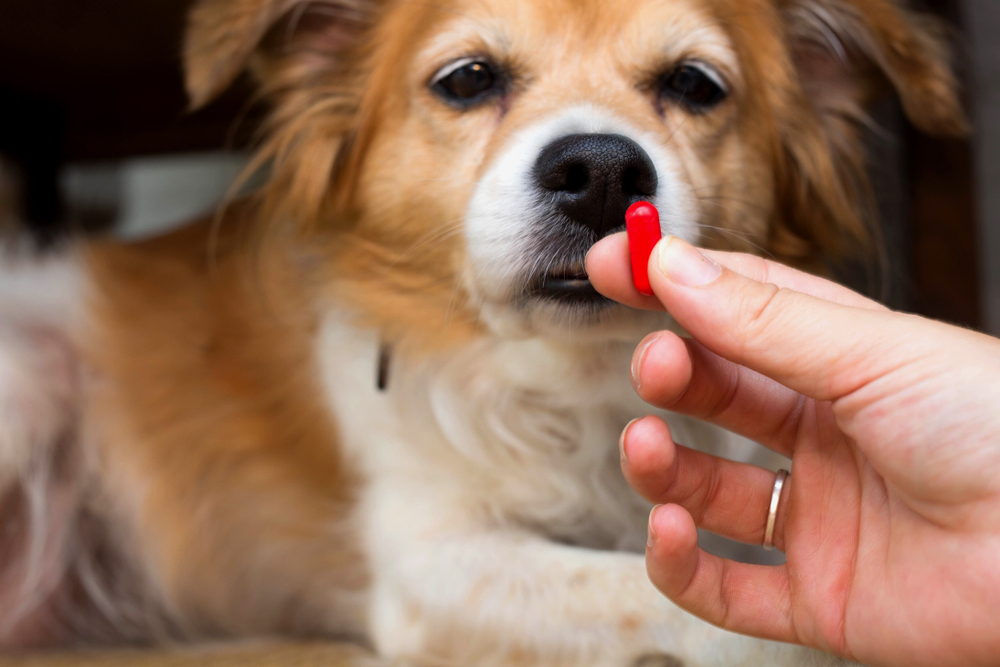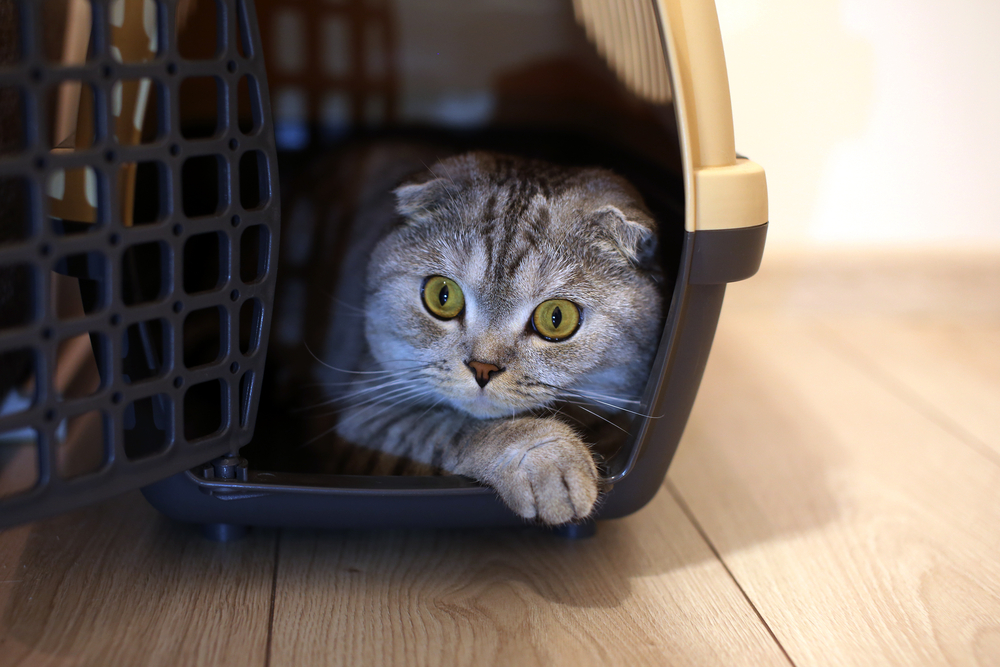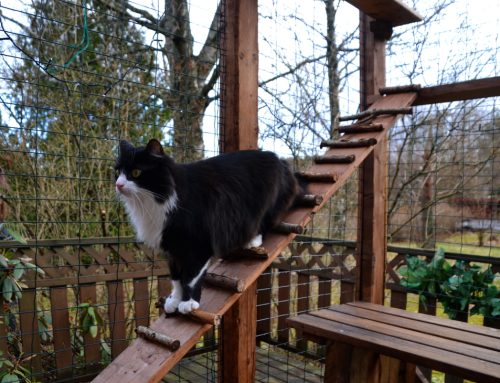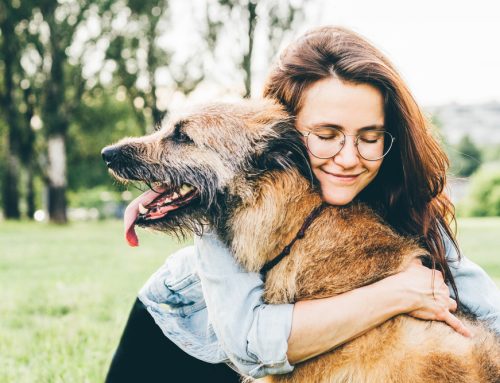Here at Cary Street Veterinary Hospital, we’re proud to say we were the first veterinary practice in Virginia to achieve Fear Free certification. Now, what does that mean for you and your pet? Overall, the certification shows our desire to make every hospital trip as stress-free as possible, for both you and your furry pal. When the pet owner is calm and relaxed, the pet will mirror their mood, allowing us to perform a more thorough physical exam, obtain samples more easily, and accomplish more vital health care tasks. We achieve these goals through a variety of Fear Free methods that can include:
- Using minimal restraint
- Turning to chemical restraint instead of excessive force
- Prescribing pre-visit anti-anxiety medications
- Reading and responding to your pet’s body language
- Offering tasty treats as distraction
When a veterinary hospital makes a commitment to practice Fear Free medicine, they are focusing not only on your pet’s physical health, but also their emotional and mental health. Like people, pets’ emotional health plays a huge role in their physical health, so we strive to support all aspects of your furry friend’s health and wellbeing.
In addition to the measures we take while your pet is in our hospital, you can take certain steps at home prior to an appointment, to help your furry pal feel more comfortable and relaxed. Here are five ways to help you prepare your pet for a stress-free veterinary visit.
#1: Acclimate your pet to handling and examination techniques
Handling and examination techniques are typically more worrisome for pets than the poke of vaccinations. From a pet’s perspective, having their ears probed, their gums lifted, their abdomen palpated, their heart and lungs auscultated, and bright lights shined in their eyes, is strange. When we perform a physical exam, the tools we use—stethoscope, otoscope, ophthalmoscope, thermometer—can be scary for pets, as can what we do with these tools.
So, to help your pet feel comfortable with a physical exam, perform a mini one at home. Wipe out your pet’s ears with a tissue, briefly shine a light into their eyes, “massage” their belly, run your finger along their gums, and lift their tail. With each step, reward your furry pal for accepting your unusual behavior.
#2: Bring your pet’s favorite treats to their appointment
If your pet turns up their nose at standard treats, and truly enjoys only one snack, bring that snack to their appointment. While we stock a wide variety of pet-safe treats and foods, we know some pets are particular about their treats, especially accepting them from unfamiliar people. Before heading out the door, grab a bag of your pet’s favorite treats, dice up some braunschweiger, or chop up a hunk of broccoli—yes, we know, that’s weird. Whatever makes your pet drool is sure to distract them from a physical exam, vaccinations, nail trims, and other essential healthcare tasks.
#3: Drop by for “happy visits”
If your pet visits our hospital only for exams, vaccinations, and other veterinary care, they likely won’t be overly delighted to pull into our parking lot. Help improve their mindset about stepping a paw inside our doors by dropping by for happy visits. These visits consist of nothing more than love, attention, and treats from our team—no needles or thermometers in sight!
#4: Help your pet love the trip to our hospital
When the carrier comes out, does your cat flee the scene? Or, when the car engine starts, does your dog immediately start whining, and maybe defecate? If so, your furry pal is not alone. Many pets do not enjoy trips outside their home, from entering a carrier, to finding their balance in a moving vehicle. Leave your cat’s carrier, outfitted with a cozy blanket, catnip mouse, and irresistible treats, out all the time, to help them become comfortable inside. In no time, they will be entering their carrier unassisted, and the struggle will be a thing of the past.
For dogs who display anxiety in the car, ask our veterinarian if your pooch gets motion sickness, which is often a contributing factor to their anxiety. Otherwise, acclimate them to brief trips down the driveway and back, ending each trip on a positive note with ample rewards. With practice, your pet will learn the car signals that good things are coming.
#5: Ask our veterinarian if pre-visit pharmaceuticals are right for your pet

Pre-visit pharmaceuticals are anti-anxiety medications prescribed for anxious, stressed, or fearful pets. These medications are given at home, prior to an appointment, so your pet arrives calm and relaxed. Ask our veterinarian if your pet is a good candidate for pre-visit pharmaceuticals, to help make their visit as stress-free as possible.
Does your furry pal quiver with anxiety during their veterinary visit? Our Cary Street Veterinary Hospital team can help ease their worries. Give us a call, to learn how we can make your pet’s visit a positive one.








Leave A Comment